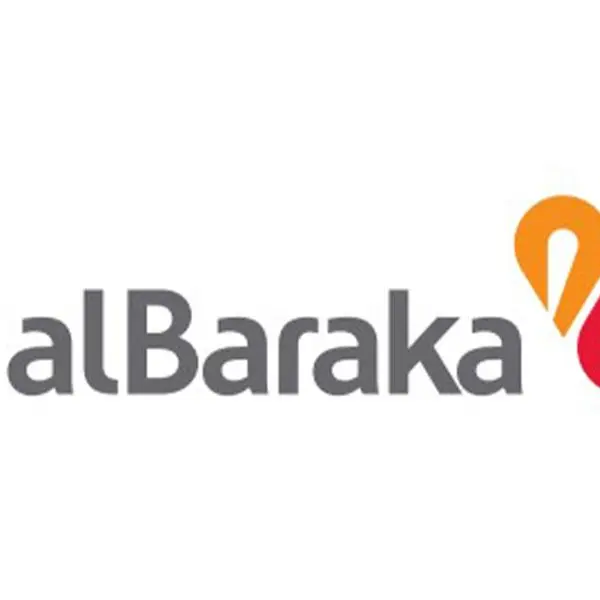At least 1.5 million children are not receiving life-saving treatment for severe wasting in Eastern and Southern Africa, UNICEF warns today. The number represents almost half of the estimated 3.6 million children in urgent need, who are not being reached in time to save their lives or keep them from permanent development damage.
Despite gradual improvement in wasting treatment outreach in the region, the impacts of the COVID-19 pandemic, combined with climate shocks and ongoing conflict, continues to push children and families to the brink. In addition, consistent shortfalls in funding remain a barrier for UNICEF’s humanitarian response.
“Nothing is more devastating than seeing children suffering from severe wasting when we know it could have been prevented and treated. Thanks to the support of our donors and partners, we have reached some outstanding results and success stories; but the impacts of COVID19, climate change and conflict are creating the perfect storm where needs are quickly outpacing resources, and the time to act is now,” says Mohamed M. Fall, UNICEF Regional Director for Eastern and Southern Africa.
At present, families across the region are dealing with multiple crises, including rising levels of food insecurity, economic deterioration, disease outbreaks, unprecedented cycles of floods and droughts, and conflict. Millions are having to reduce the quantity or quality of the food they eat in order to survive. In many cases, families are forced to do both.
This is a looming nutrition tragedy that can – and must be averted. With unhindered access and predictable funding to reach children in need, UNICEF and partners can save the lives of nearly every child admitted for severe wasting in the region. Prevention remains the best way to ensure that children survive, avoid permanent cognitive and physical damage, and evade the life-long suffering that results from childhood malnutrition.
- In Angola, where people are facing the consequences of the worst recorded drought in 40 years, UNICEF and partners managed to scale up its emergency nutrition response in the most affected provinces (Cuanza Sul, Benguela, Huambo, Namibe, Huíla and Cunene), with approximately 75 per cent more children treated for severe wasting in 2021 compared to 2020.
- In Ethiopia, the country with the largest child population in the region, UNICEF and partners reached an estimated 500,000 severely wasted children in 2021. However, many children in northern Ethiopia are still in need of life-saving support, and across four regions (Afar, Somali, SNNPR and southern and eastern Oromia) families are struggling for survival as a severe drought takes hold following three consecutive failed rainy seasons. According to the latest data, more than 6.8 million people in drought impacted areas will need urgent humanitarian assistance by mid-2022, many of them children.
- In South Sudan, where an estimated 1.4 million children under 5 years of age are acutely malnourished, including over 310,000 children suffering from severe wasting, UNICEF and partners provided treatment to more than 240,000 children last year. The situation in the country remains urgent as floods, which in some areas have lasted nearly a year, have killed cattle, washed away food and fields, blocked humanitarian access at a time where funds are running low.
- In Madagascar, where three years of consecutive droughts created one of the worst food insecurity and nutrition crisis in decades, UNICEF and partners last year helped avert a feared famine for many families in the southern part of the country. UNICEF and partners reached almost double the number of children with treatment for severe wasting when compared to 2020. This is estimated to have saved the lives of at least 55,000 children under 5 years of age.
- In Somalia, more than 255,000 children received treatment for severe wasting in 2021, whilst the country still undergoes one of the worst droughts ever recorded – on top of continued violence. An estimated 1.3 million children under 5 years of age are likely to be wasted in 2022, including around 295,000 severe cases.
- In Kenya, at least 65,000 children were reached in 2021 with treatment services for severe wasting. An estimated 2.8 million people are food insecure, with 565,044 children wasted and 123,000 severely wasted. The situation is expected to deteriorate further due to the cumulative effects of three consecutive failed planting and harvest seasons and cattle dying amid droughts.
- In Mozambique, insecurity continues to negatively impact on child nutrition. In 2021, approximately 38,000 children have been reached with treatment for severe wasting, an increase of approximately 10,000 children compared to 2020. More funds are urgently needed to ensure these services are maintained beyond April this year.
The situation in the region remains dire and any disruptions to an already stretched humanitarian operation, could further aggravate what is already a long-running nutrition crisis.
UNICEF is asking for US$255 million to scale up its emergency nutrition response in priority countries in Eastern and Southern Africa in 2022, and support children with adequate and life- saving nutrition services, including treatment for severe wasting.
Distributed by APO Group on behalf of UNICEF Eastern and Southern Africa.
© Press Release 2021
Disclaimer: The contents of this press release was provided from an external third party provider. This website is not responsible for, and does not control, such external content. This content is provided on an “as is” and “as available” basis and has not been edited in any way. Neither this website nor our affiliates guarantee the accuracy of or endorse the views or opinions expressed in this press release.
The press release is provided for informational purposes only. The content does not provide tax, legal or investment advice or opinion regarding the suitability, value or profitability of any particular security, portfolio or investment strategy. Neither this website nor our affiliates shall be liable for any errors or inaccuracies in the content, or for any actions taken by you in reliance thereon. You expressly agree that your use of the information within this article is at your sole risk.
To the fullest extent permitted by applicable law, this website, its parent company, its subsidiaries, its affiliates and the respective shareholders, directors, officers, employees, agents, advertisers, content providers and licensors will not be liable (jointly or severally) to you for any direct, indirect, consequential, special, incidental, punitive or exemplary damages, including without limitation, lost profits, lost savings and lost revenues, whether in negligence, tort, contract or any other theory of liability, even if the parties have been advised of the possibility or could have foreseen any such damages.


















